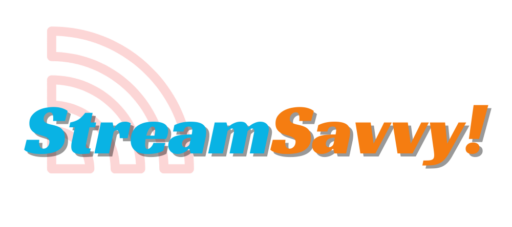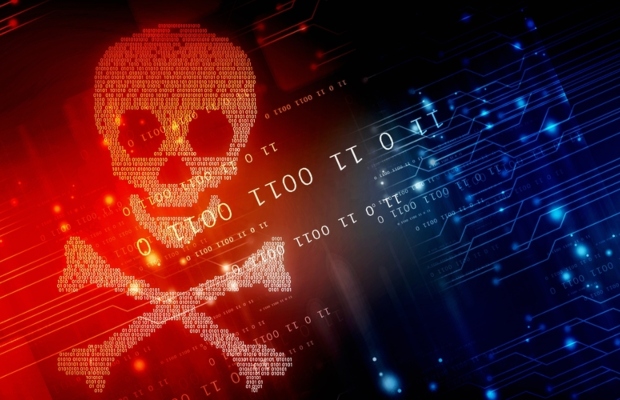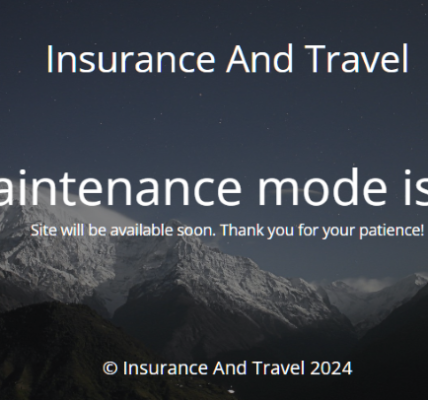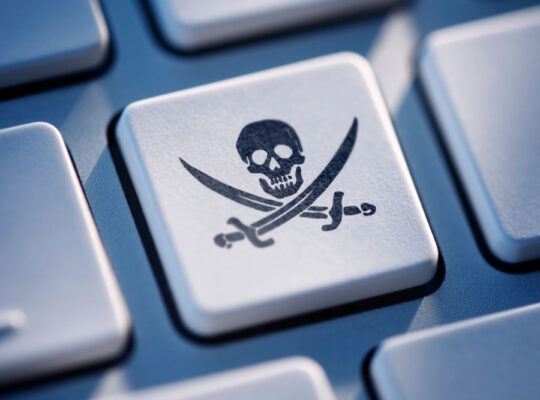LaLiga vs. Cloudflare: The Battle Over IPTV Piracy and Site Blocking in Spain
After admitting to deliberately blocking Cloudflare to prevent a pirate IPTV service from reaching users in Spain, LaLiga has doubled down on its commitment to combatting live sports piracy. Despite the collateral damage affecting thousands of innocent website owners and internet users, LaLiga has now announced the blocking of two additional pirate IPTV providers with 400,000 local users—again by targeting Cloudflare. Charts and graphs shared online provide clear evidence of the impact.
Cloudflare’s Past Encounters with Site Blocking
Historically, when site-blocking efforts affected Cloudflare, the responses varied. Some involved quiet reversals to mitigate backlash, while others attempted to downplay the issue. However, flat-out public denials often proved ineffective when faced with overwhelming evidence.
Typically, blocking measures target specific pirate sites, leaving the wider internet unaffected. However, when collateral damage impacts legitimate users, public sentiment shifts. While few sympathize with pirates, paying customers inconvenienced by these measures often feel frustrated and unfairly targeted.
LaLiga’s Confrontation with Cloudflare
LaLiga has taken an aggressive and public stance against Cloudflare, admitting that it blocked the service to prevent access to piracy app Duckvision. This move affected not only the targeted pirate service but also numerous innocent websites and internet users across Spain.
Cloudflare argues that LaLiga acted without sufficient justification, while LaLiga insists it has legal authority to implement such measures. According to LaLiga, its interests outweigh those of Cloudflare, pirates, and general internet users in Spain. The league portrays Cloudflare as an enabler of piracy, refusing to take responsibility for the consequences of its inaction.
In Spain, this aggressive approach may raise concerns regarding fundamental EU rights, including freedom of expression, the right to conduct business, and intellectual property protections.
The Internet Reacts
Public response has been swift, with users sharing evidence of widespread disruption. One such example, posted on social media, used Uptime Kuma to track Cloudflare’s accessibility. The results clearly illustrated extended periods of downtime coinciding with LaLiga matches, indicating that local ISPs, following LaLiga’s directives, had blocked Cloudflare’s services.
New Blockages Announced
LaLiga has now expanded its enforcement actions, successfully blocking two additional pirate IPTV services—DazcFutbolios and RBTV77—both of which reportedly relied on Cloudflare for anonymity.
Addressing Public Concerns
From a business standpoint, LaLiga argues that its actions are justified. It claims to have secured a legal mandate for site blocking but emphasizes that cooperation from Cloudflare would have made the process smoother.
LaLiga asserts that it provided Cloudflare multiple opportunities to comply, which were allegedly ignored. As a result, it had no choice but to implement broad measures affecting Cloudflare’s infrastructure.
A High-Stakes Dispute
While LaLiga insists on the necessity of these measures, the reality is more complex. Cloudflare has a well-documented stance against site blocking, arguing that it undermines internet access. Knowing that collateral damage was inevitable, LaLiga proceeded anyway, positioning Cloudflare as responsible for the fallout.
Although LaLiga describes its actions as targeted, the impact is broad. Many legitimate websites rely on Cloudflare, and blocking its services disrupts businesses and users far beyond the piracy ecosystem.
No Signs of Compromise
With neither side willing to back down, the dispute raises questions about potential intervention. If a malicious entity had caused similar disruptions, Spain’s Ministry of Communications would likely step in. However, so far, there has been no indication of government intervention.
ISPs, following court orders, continue to implement blocking measures but are making it clear that they are merely following instructions. For now, Cloudflare’s legal options remain open, as does the possibility of a broader debate over digital rights in Spain.
The Road Ahead
With LaLiga refusing to back down and Cloudflare maintaining its position, the dispute is far from over. The broader implications extend beyond sports piracy, touching on internet governance, digital rights, and the role of tech intermediaries in content enforcement. As legal battles unfold, the future of online access in Spain hangs in the balance.







